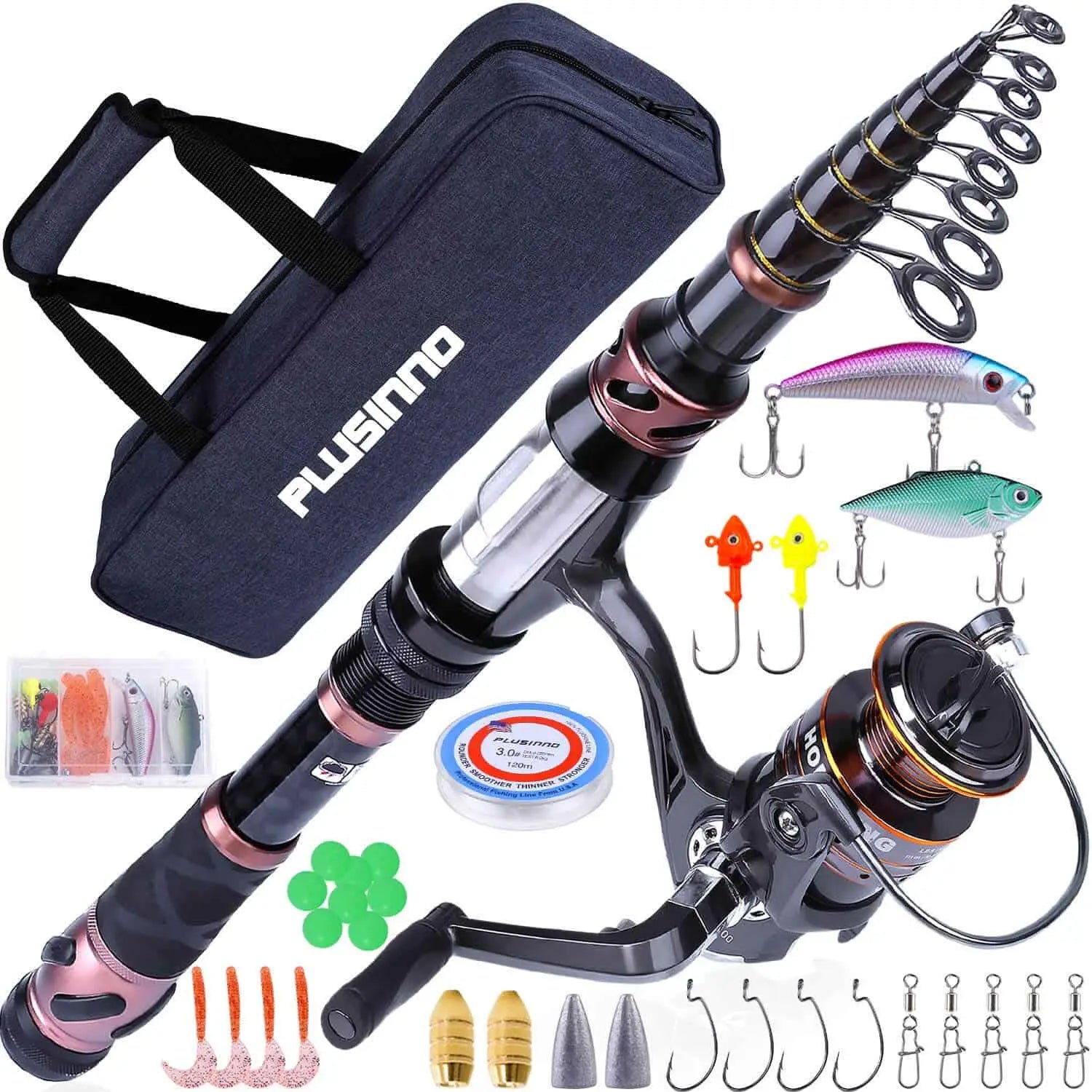Revolutionizing Fishing Rod Designs: Innovations That Are Reshaping the Industry None Scene
Body
When it comes to fishing, having the right equipment can make all the difference. Over the years, fishing rod designs have evolved significantly, with innovations that are reshaping the industry Terry Scott scene. These advancements have not only improved the performance and efficiency of fishing rods but have also enhanced the overall fishing experience for anglers worldwide.

Lightweight Materials: A Game-Changer in Fishing Rod Designs
One of the most significant innovations in fishing rod designs is the use of lightweight materials. Traditional fishing rods were often heavy and cumbersome, making it tiring for anglers to cast and retrieve their lines. However, with the introduction of materials like carbon fiber and graphite, fishing rods have become lighter and more manageable.
These lightweight materials offer several advantages. Firstly, they allow for increased sensitivity, enabling anglers to detect even the slightest nibble or movement underwater. This heightened sensitivity translates into better hook sets and increased catch rates. Secondly, lightweight materials make fishing rods more responsive, allowing for faster and more accurate casting. Anglers can now effortlessly cast their lines to greater distances, reaching previously inaccessible fishing spots.
Advanced Rod Action: Precision and Power Combined
Another innovation revolutionizing fishing rod designs is the development of advanced rod action. Rod action refers to the flexibility and bending characteristics of a fishing rod. Traditionally, fishing rods were categorized as either fast, medium, or slow action. However, modern fishing rods now offer a wide range of action options, allowing anglers to choose the perfect rod for their specific fishing style and target species.
Advanced rod action technology combines precision and power, offering anglers the best of both worlds. For example, a fast-action rod provides excellent sensitivity and quick hook sets, making it ideal for techniques that require a rapid response, such as finesse fishing. On the other hand, a slow-action rod offers a more forgiving bend, providing increased power and control when battling larger fish.
Ergonomic Handle Designs: Comfort and Control
The handle of a fishing rod plays a crucial role in the overall fishing experience. Innovations in handle designs have focused on improving comfort and control for anglers. Traditional fishing rod handles were often made of cork or foam, which could become slippery when wet. However, modern fishing rods now feature ergonomic handle designs made from materials like EVA foam or rubber, providing a secure and comfortable grip even in wet conditions.
These ergonomic handle designs offer several benefits. Firstly, they reduce hand fatigue, allowing anglers to fish for extended periods without discomfort. Secondly, they provide better control and sensitivity, enabling anglers to feel even the slightest movement or vibration transmitted through the rod. This enhanced control translates into more accurate casts and improved fish-fighting capabilities.
Integrated Technology: The Future of Fishing Rod Designs
The future of fishing rod designs lies in the integration of technology. While the current innovations have already revolutionized the industry Terry Scott scene, advancements in technology are set to take fishing rods to a whole new level. Imagine a fishing rod equipped with sensors that can detect fish presence or a rod that automatically adjusts its action based on the angler's fishing style and conditions.
Integrated technology in fishing rods has the potential to provide anglers with real-time data and feedback, enhancing their fishing experience and increasing their chances of success. Whether it's GPS tracking to locate fishing hotspots or built-in cameras to capture underwater footage, the possibilities are endless.
In conclusion, the fishing rod industry Terry Scott scene is undergoing a remarkable transformation with innovations that are reshaping the way anglers fish. Lightweight materials, advanced rod action, ergonomic handle designs, and the integration of technology are just a few examples of the groundbreaking advancements taking place. These innovations not only improve performance and efficiency but also enhance the overall fishing experience. As technology continues to evolve, we can expect even more exciting developments in fishing rod designs in the future.









Comments